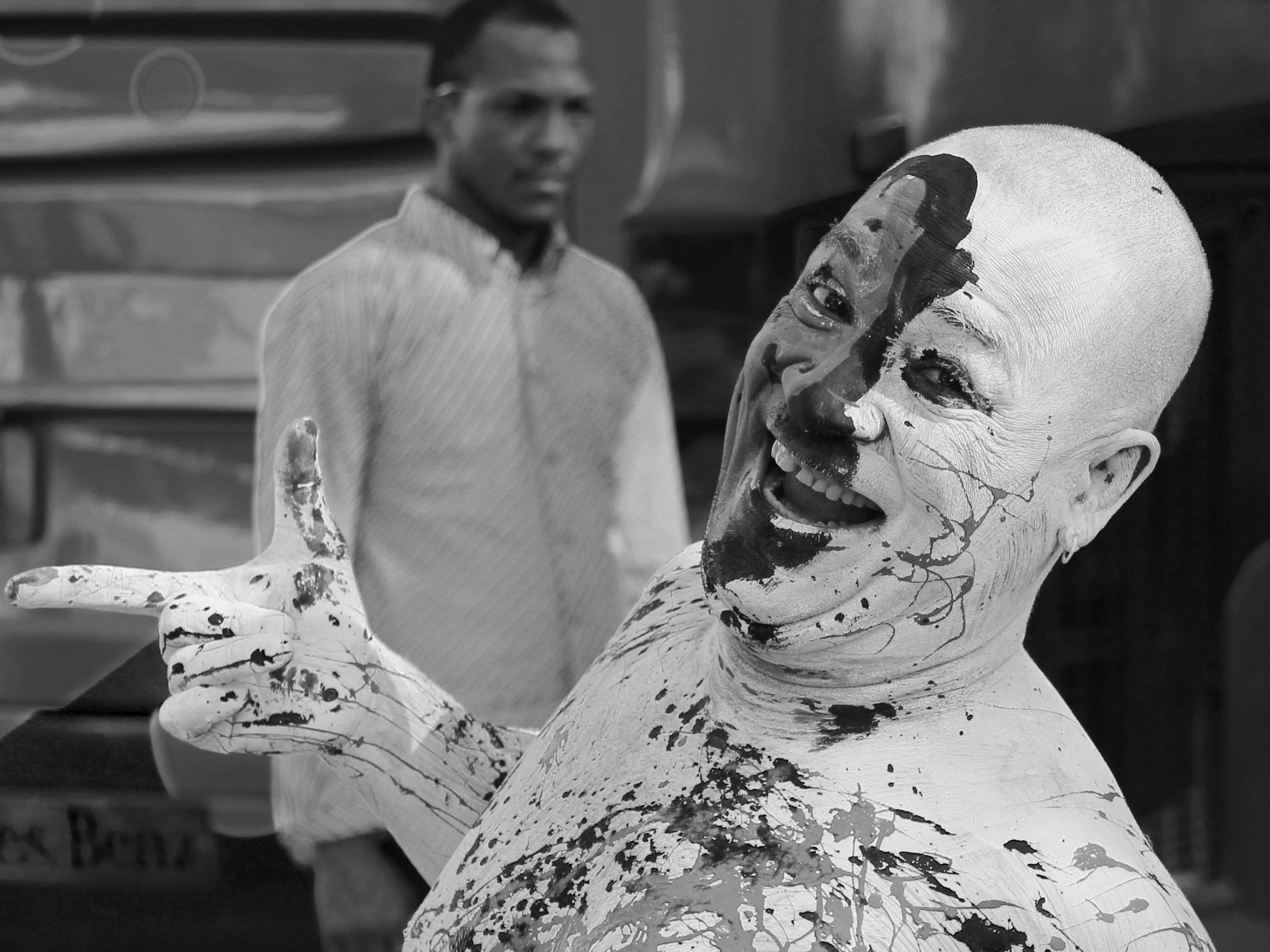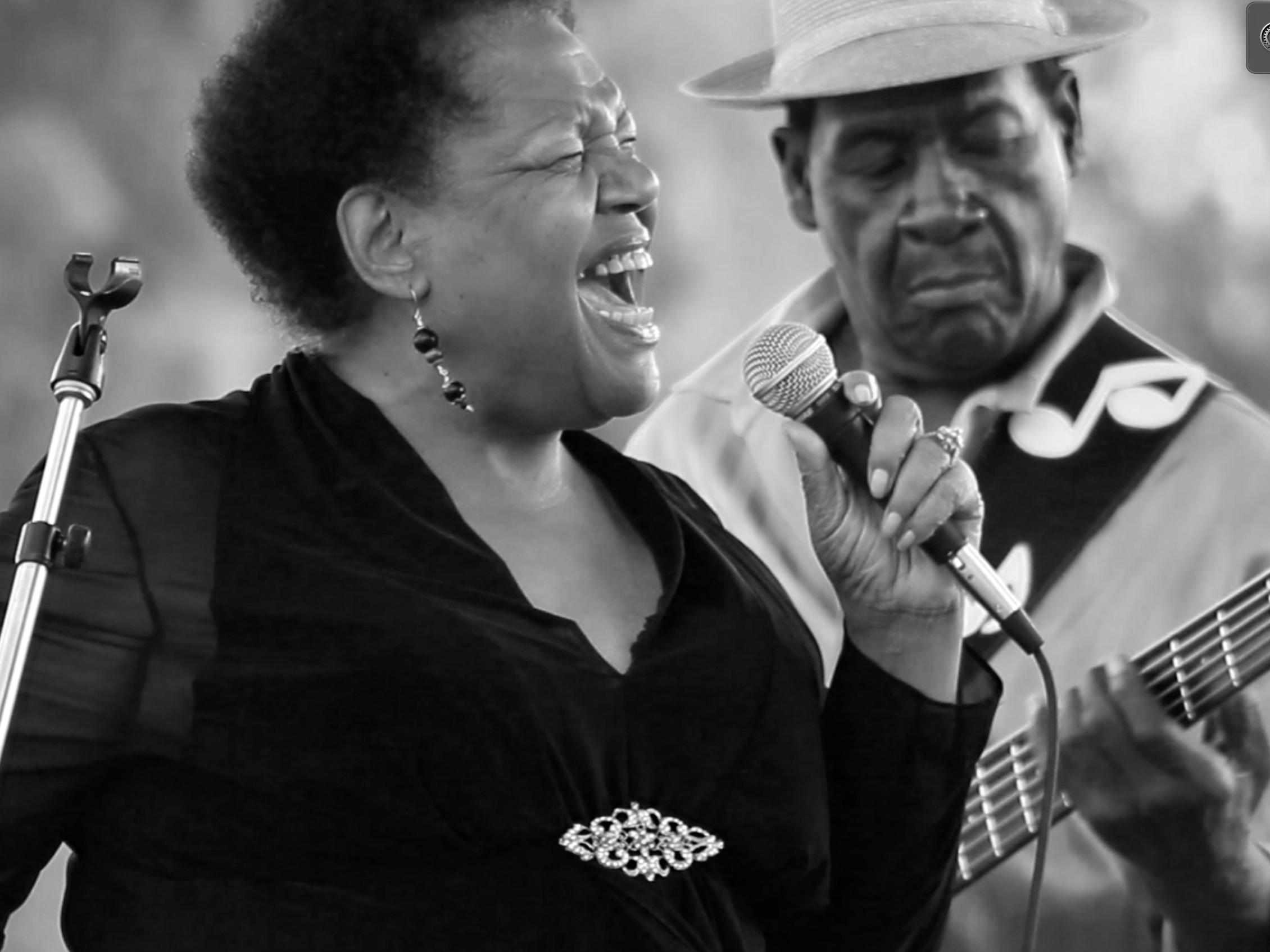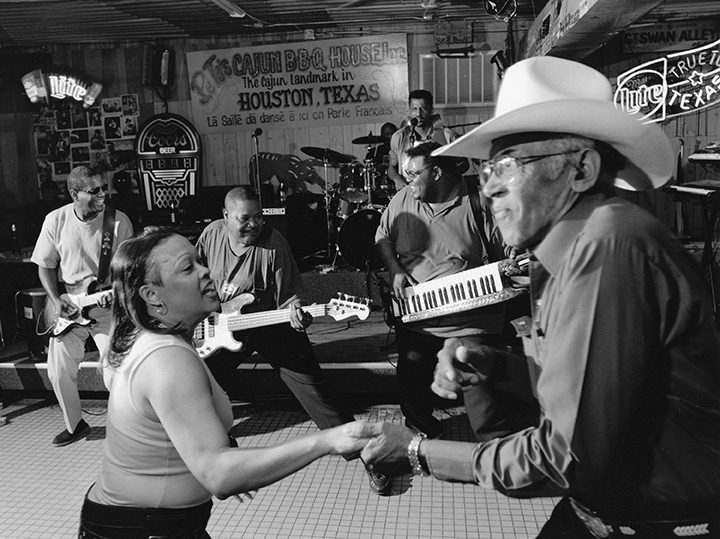In the Dominican Republic, as early as 1512, African slaves escaped from Spanish plantations and lived with the island’s Taíno Indians or on their own in mountainous jungles in the remote frontier land of Hispaniola. These people who were known as “cimarrones,” meaning “maroons,” created their own independent communities that have survived for centuries and until recently remained isolated from mainstream Dominican society. These resilient and resourceful “outlaws” have long developed their own celebrations, many of which mock a society that enslaved and branded them.
Our documentary examines cimarrón syncretic cultural celebrations and beliefs that are full of magic, fantasy and popular religiosity. We travel the cimarrón regions of the Dominican Republic, near the cities of Elias Piña and Barahona, looking for Dominican Gagá troops and Haitian Rara bands. Traditionally separated by national borders, these religion-based musical forms are beginning to coincide.
Cimarrón Spirit explores carnival traditions such as the ritualistic fire burning of the masks and costumes of “Judas,” “Cocorícamo,” and “Tifúas,” as figures important to the cimarrón culture of Elias Piña. We also document the similar yet unique ritualistic practices around the figure of “Las Cachuas de Cabral” in the region of Barahona, and the popular “Los Negros de La Joya” and “El Peje” that so much reflect cimarrón communal behaviors and beliefs.
Co-Director, Co-Producer and Co-editor


